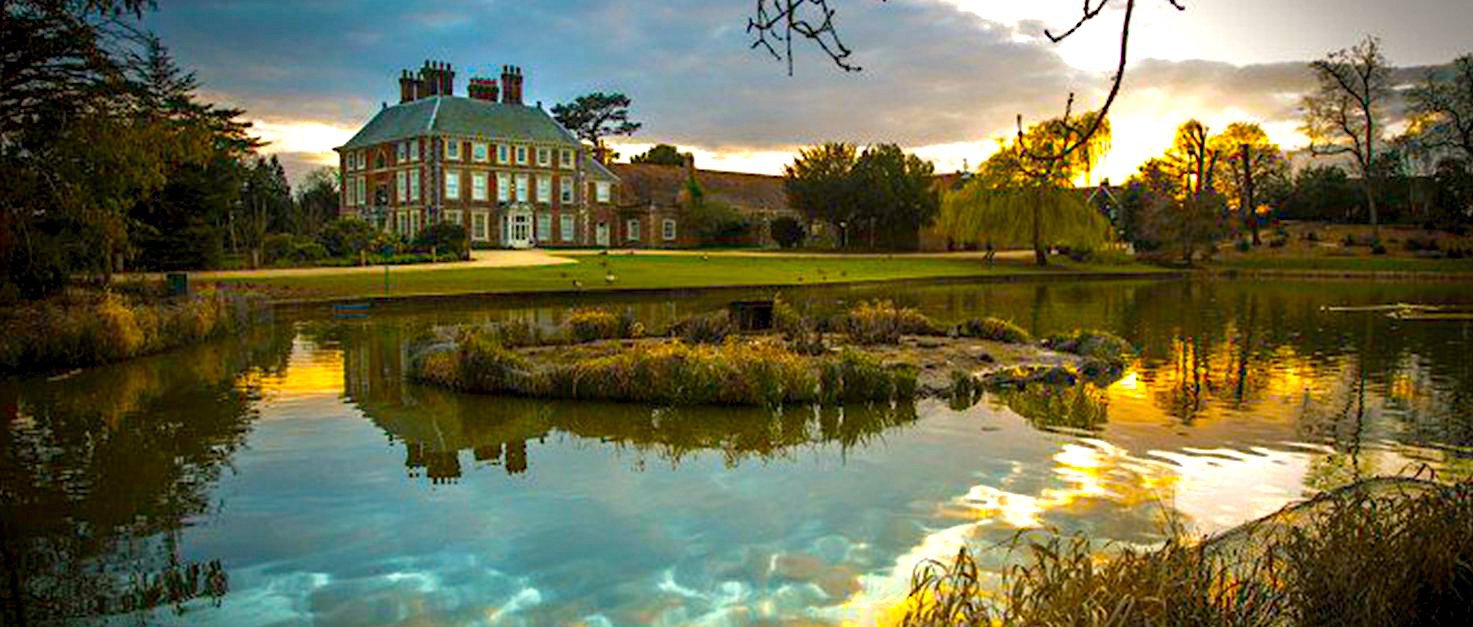
Forty Hall & Estate is one of England's finest historic houses set in its own Estate. The 273 acre Grade II listed estate is a rare example of an intact 18th Century Landscape, with an Ornamental lake, medieval fishing ponds and streams, a walled garden, Pleasure grounds, Georgian and Victorian flora and fauna, lakes, lawns, and meadows. Forty Hall Estate is even home to one of the oldest Cedar of Lebanon trees in England.
Enfield Council was successful in securing a grant from the Heritage Lottery Fund for our Parks for Peoples project in order to restore and conserve the historical landscape features. A Children’s wooded play area has also been commissioned, which is open to visit all year round.
The Estate parkland contains the archaeological remains of Elsyng Palace, developed from a Tudor hunting lodge and medieval manor, frequented by King Henry VIII, King Edward VI and Queen Elizabeth I. The site and surrounding land is a Scheduled Ancient Monument and is the subject of annual archaeological digs, which culminates in a public event in July.
The Estate is also home to some incredible wildlife and habitats.
This fine landscape is much-loved and used by many. Come along and learn about this historically rich landscape, take a stroll around the estate, bring a picnic and admire the scenery. Please note Barbeques are not permitted in any area of the estate.
To see the projects and events co-ordinated by Friends of Forty Hall Park, Click Here
Dogs are welcome in the grounds.
Map of grounds & parklands
Download a detailed map of Forty Hall gardens & parklands.It also includes other walk & places to visit in the local area.
Photo Gallery - Gardens & Parklands through the seasons
Elsyng Palace
Forty Hall Estate sits on the site of the Former Elsyng Palace, which belonged to Henry VIII and was home to Elizabeth I and Edward IV.

